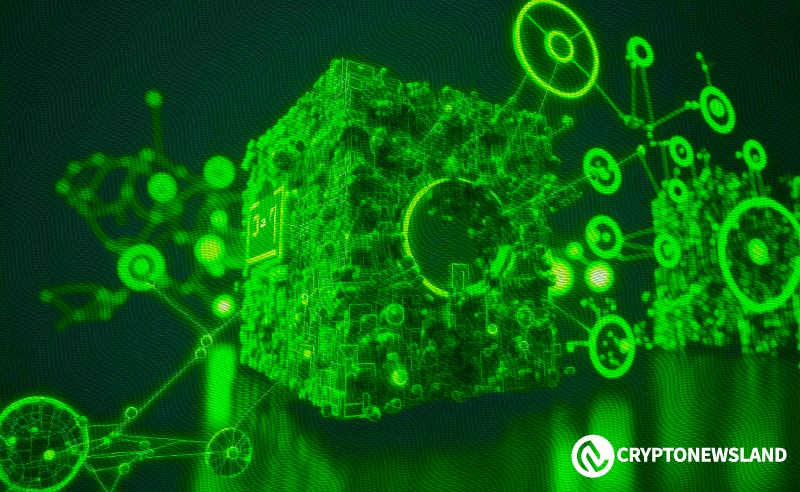- Sahara AI raised $43M to blend blockchain with AI, enhancing transparency and rewarding contributors throughout AI development.
- Sahara AI’s platform will manage AI assets securely using blockchain, ensuring fair compensation and protecting user data.
- Co-founders Sean Ren and Tyler Zhou are tackling AI transparency issues with Sahara AI’s innovative blockchain-based framework.
The decentralized platform Sahara AI announced today that it has raised $43 million in Series A funding. Leading the funding round are Pantera Capital, Polychain Capital, and Binance Labs. Additional support came from Samsung NEXT, Matrix Partners, dao5, Geekcartel, Nomad Capital, SCB 10X, Canonical Capital, Mirana Ventures, Foresight Ventures, and other prominent investors.
Innovative Blockchain Integration
Sahara AI aims to transform the AI landscape by integrating blockchain technology. The startup, active since 2022, is developing a platform for on-chain attribution throughout the AI development lifecycle. This system will reward participants for operating infrastructure, fine-tuning models, building autonomous agents, contributing knowledge, or developing applications.
Sean Ren, CEO and co-founder of Sahara AI, highlighted the issues with current AI systems. Most AI today remains trapped in a Web2 paradigm where users trade knowledge for access to AI tools. He criticized the lack of transparency and protection for users’ proprietary models and agents used by centralized AI providers.
Sahara AI’s Technological Framework
To address these challenges, Sahara AI promises a secure, transparent framework for managing AI assets through its Sahara Blockchain Protocols. These protocols offer AI-based solutions for tracking assets, controlling access, securing nontransferable records, and distributing revenue. Consequently, contributors will be fairly compensated, data sovereignty will be maintained, and AI assets can be securely created, shared, and traded.
Tyler Zhou, Sahara AI’s co-founder and COO, is also noted for his role as an investment director at Binance Labs. Ren and Zhou began brainstorming solutions to AI transparency issues as early as Q2 2022, before the emergence of advanced models like GPT. They recognized the growing need to address how user data is utilized and how AI outputs are generated.
The Sahara AI network features three key components: the execution layer, the transaction layer, and the application layer. The execution layer includes public and private nodes for data storage. It utilizes technologies such as decentralized LoRA, hypertuning, PKI, and personal watermarking. The transaction layer provides access to data, while the application layer allows anyone to deploy their own AI agent.

